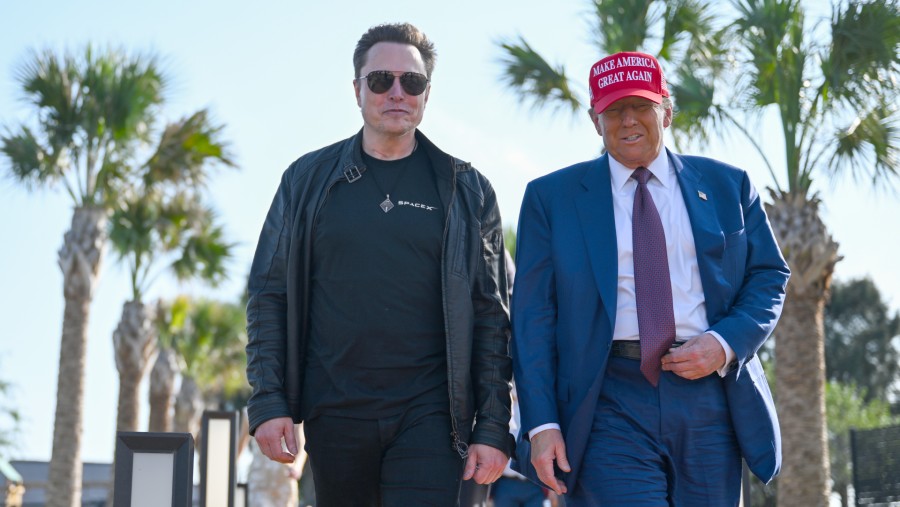seniorspectrumnewspaper – The truce between former President Donald Trump and Elon Musk has quickly unraveled. Trump has reignited tensions by threatening to cut federal funding to Musk’s SpaceX. The conflict intensified after Musk criticized Trump’s “Big Beautiful Bill,” calling it an “insane spending bill.” In response, Trump warned he might use the Department of Government Efficiency (DOGE) to scrutinize Musk’s businesses.
Trump took to Truth Social on Monday night, accusing Musk of receiving more subsidies than anyone in history. He claimed Musk’s companies, including SpaceX and Tesla, would fail without this financial support. Trump said cutting funding would save the country a “FORTUNE” and halt rocket launches, satellite deployments, and electric car production.
Read More : Tecno Spark Go 2 Launches in India: Price & Specs
As Trump departed for a visit to a new ICE detention center in Florida, reporters asked if he might deport Musk to South Africa. Musk became a U.S. citizen in 2002, but Trump’s answer was vague: “I think we’ll have to take a look.” Trump added, “We might have to put DOGE on Elon,” describing DOGE as a “monster” that could target Musk’s companies.
Trump criticized Musk for opposing his revocation of Biden’s 2021 executive order on electric vehicle (EV) mandates and emissions targets. He also wants to end the EV tax credit, arguing that not everyone prefers electric cars. “I don’t want an electric car,” Trump said. “Maybe gasoline, maybe electric, maybe a hybrid.”
Earlier, Trump had hosted Musk at the White House and showcased the purchase of two Teslas. However, these recent personal attacks and funding threats risk deepening their rift. Musk has invested over $290 million in recent elections but has chosen restraint for now. In a tweet, Musk said, “So tempting to escalate this. So, so tempting. But I will refrain for now.”
SpaceX Funding and Political Stakes in Trump-Musk Clash
SpaceX relies heavily on federal funding from NASA and the U.S. Department of Defense. Since 2003, the company has received over $22 billion for rocket launches and Starlink satellite services. Any cut to this funding could hamper U.S. space programs and national security.
Tesla has also benefited from federal and state programs, earning around $11.4 billion in regulatory credits. Trump’s current budget proposal, now under Senate review, may eliminate the EV tax credit and impose new fees on electric vehicles. This would directly impact Tesla’s financial outlook.
Musk insists his opposition to the budget bill is not about subsidies. He argues the bill will increase the federal debt by trillions and could bankrupt the U.S. Musk tweeted, “And how are we supposed to reach Mars if America goes de facto bankrupt?” The billionaire also threatens political action, suggesting he might form a third party if the spending bill passes. “Our country needs an alternative to the Democrat-Republican uniparty so that the people actually have a VOICE,” Musk tweeted. He also vowed to challenge any lawmakers supporting the bill, warning they could lose their primaries next year.
This renewed Trump-Musk feud highlights the growing clash between political power and influential tech leaders. With billions of federal dollars and national ambitions at stake, the dispute could have lasting effects on U.S. space exploration and energy policy. How this conflict unfolds remains uncertain, but it underscores the complex relationship between government and private industry leaders.


